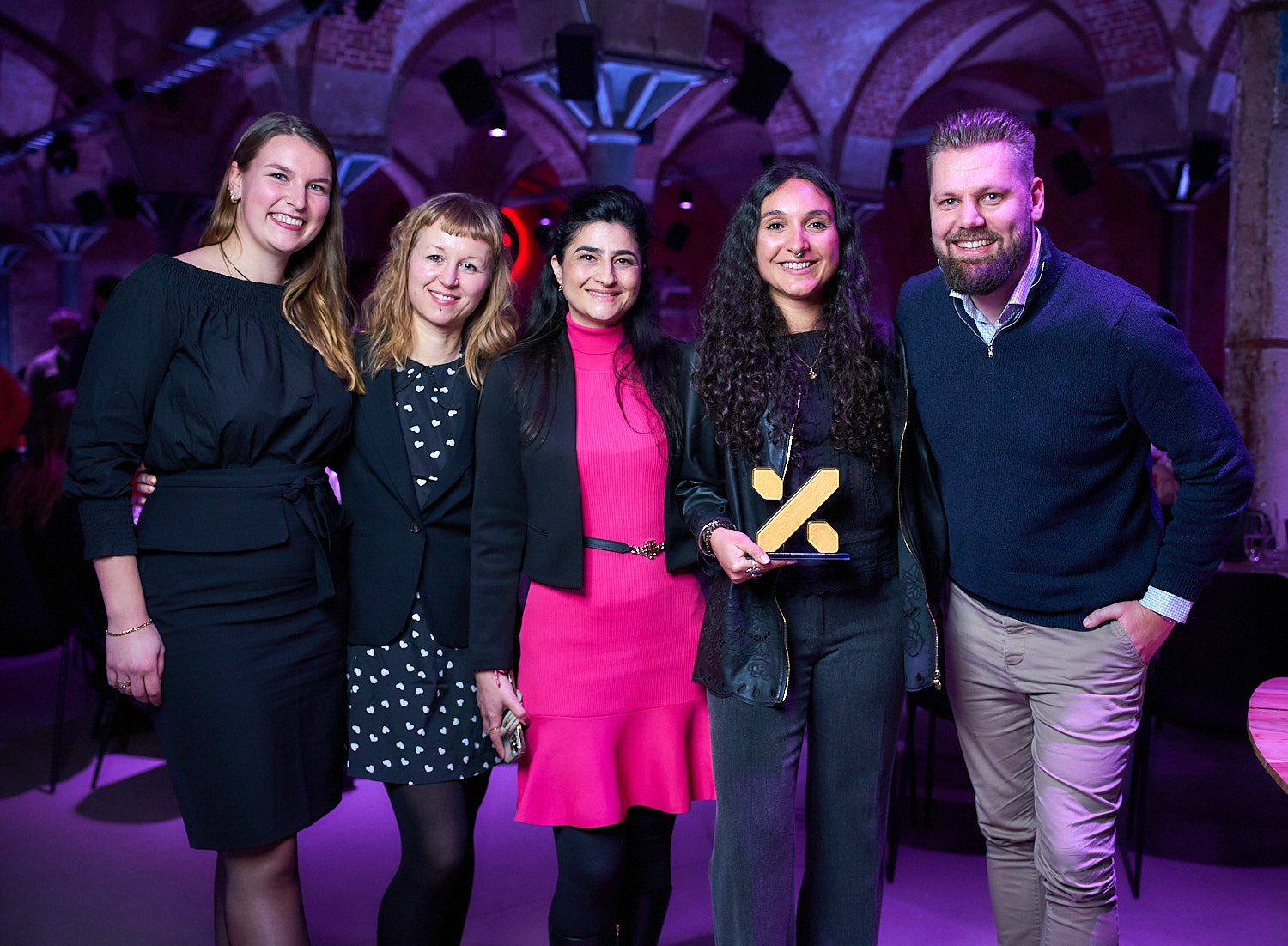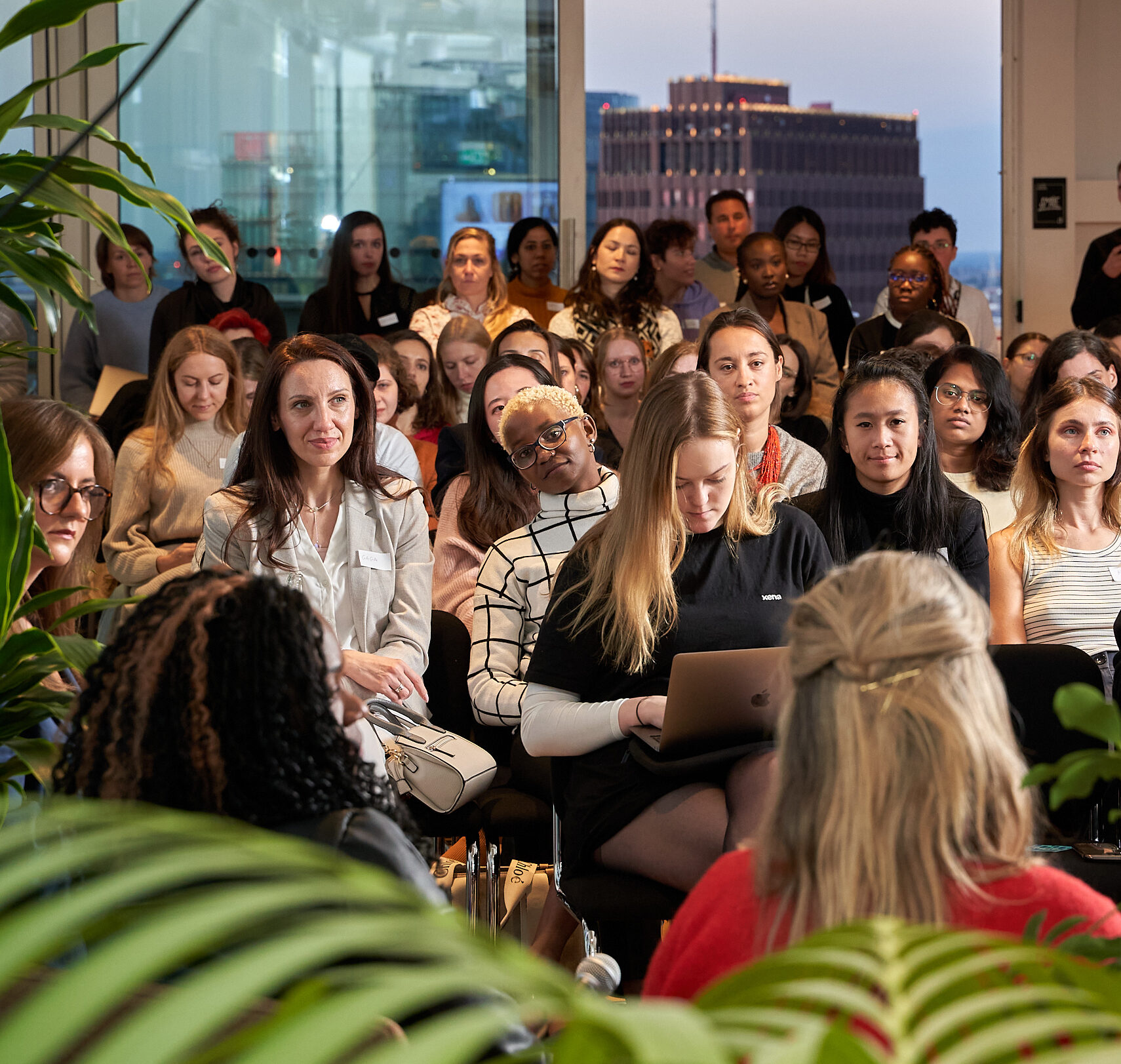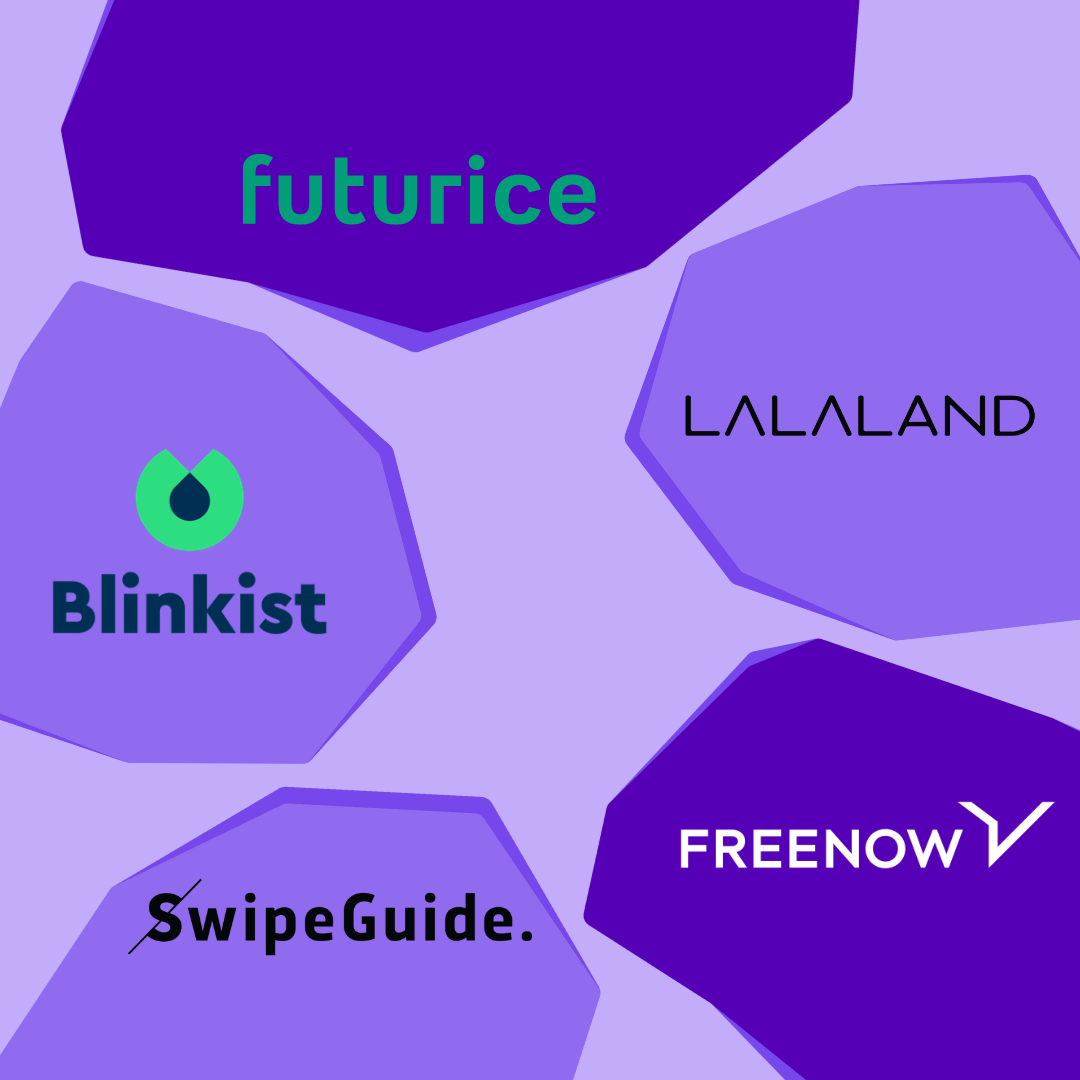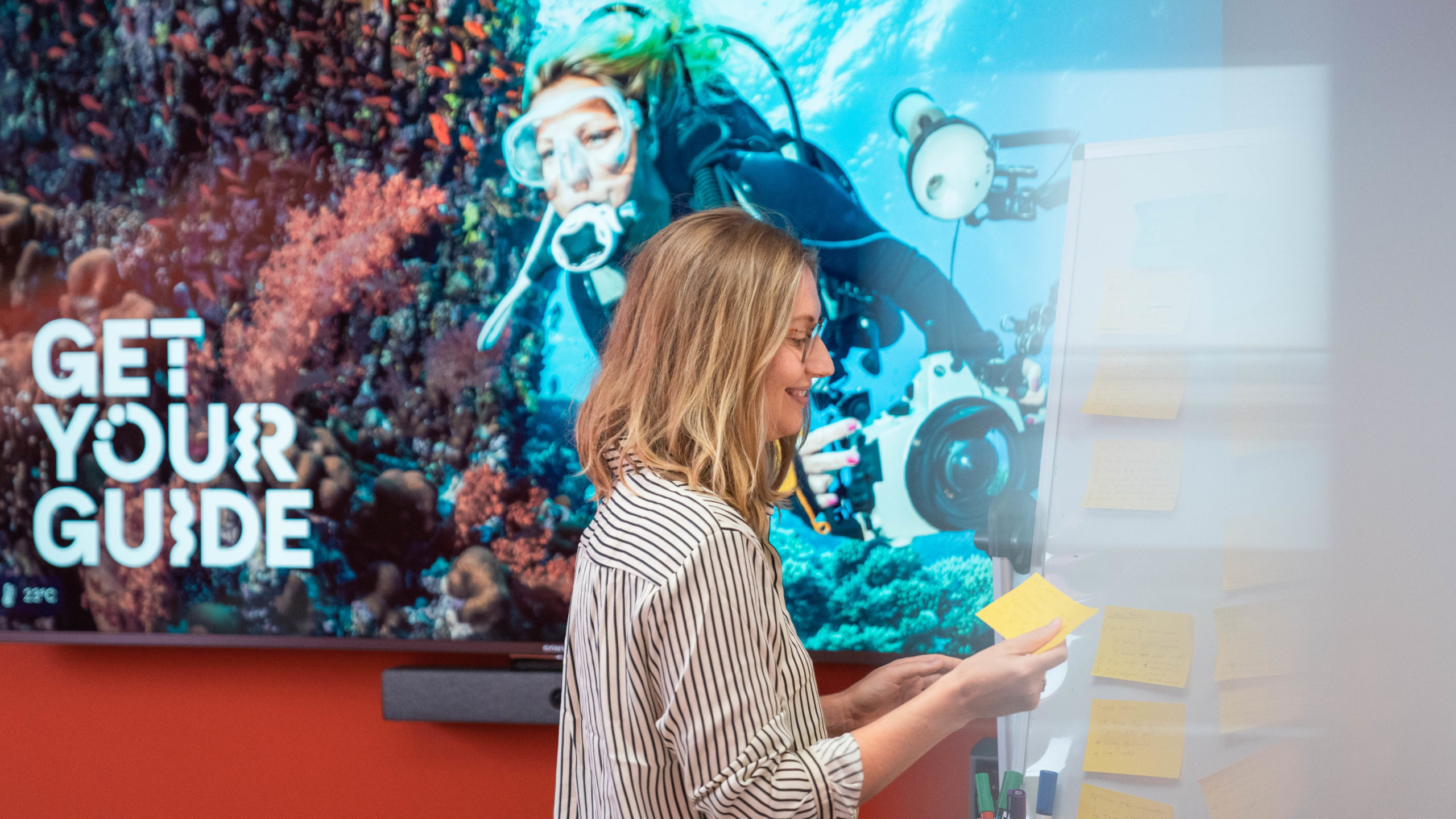4 min. read
Xena's Entrepreneur Of The Year Winner 2023
Vinehealth’s Georgina Kirby on building the nr.1 cancer treatment app
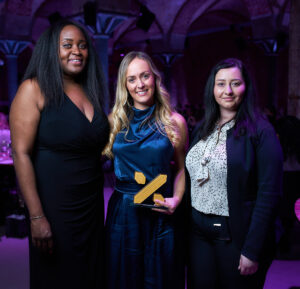
Nothing makes us happier than seeing female entrepreneurs breaking into tech.
For the Entrepreneur Of The Year category, we teamed up with Miro to discover and celebrate inspiring female founders in the industry. We are thrilled to introduce: Georgina Kirby, Co-Founder & CTO at Vinehealth.
Georgina has applied her data science background to develop data-driven health tech, particularly within the cancer domain. Vinehealth’s software has drastically improved the life quality of patients undergoing complex cancer treatment, enabling them to understand their care at home and connecting them to their care team. Today Vinehealth has raised millions in funding and has been voted the nr.1 cancer app globally by Orcha.

Why do you think it is important to have more female founders?
It’s hard to be what you can’t see. It’s incredibly important to have representation at all levels in the industry but especially in leadership. The struggle to climb to the top is real but as you go on, you pave the way for others in the future.
We need to start making the leadership roles more inclusive and that starts by making recruitment more accessible. Every part of the process counts and it begins with what type of recruiters you use, who is reviewing the CVs and how you manage your biases. No matter how much you try to educate the group that is hiring, it’s important that representation within that team already exists.
It is also important that as women, we educate ourselves to be more assertive.
Remember to ask for what you want and become aware of whether you are in a welcoming and safe environment to grow.
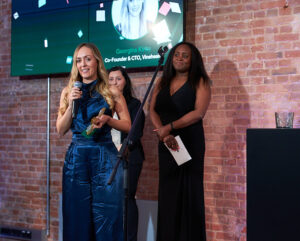
What can advice can you share with women considering starting their own business?
1. Surround yourself with supportive people.
When you start your own business, you don’t get a manager that will cheer you on. You need to find your own validation and support elsewhere. You need to have people flying your flag and talking about you in rooms you aren’t in. It is up to you to find support whether that is through friends, family, or other women in tech. There’s a misconception that there’s was only room for ‘one woman’ –when in reality, we are all paving the way for each other. Women do help other women.
2. Time management is key.
Founding a business requires you to manage your time really well. I ask myself daily: is it urgent or important? Is there anything I can delegate? Then I start my day prioritising the urgent business first. It’s hard to let go of “your baby” but if you place trust your team then you can focus on what you need to do.
3. Celebrate the small and big wins.
Whether it is meeting a deadline or just completing something that you thought was complex –always celebrate these moments. Women are not encouraged to praise what they achieve but we need to brush off this discomfort and master the humble brag.
4. Get used to no’s.
You will have a lot of rejection. From fundraising alone, you will probably get 20 no’s before a yes. It’s not because you are bad or good, it’s a system where it’s all about timing and finding a match. It gets easier over time and if you prepare yourself that there might be rejection then you can set your expectations accordingly.
5. Find your edge.
What are you an expert in that other people aren’t? Consider what problem you’re trying to solve. Whether it’s a skill, a point of view or a particular topic –find how can this edge set you up for success. If you’re looking for a co-founder, find someone you have synergy with, overlap in values but mainly complement each other.
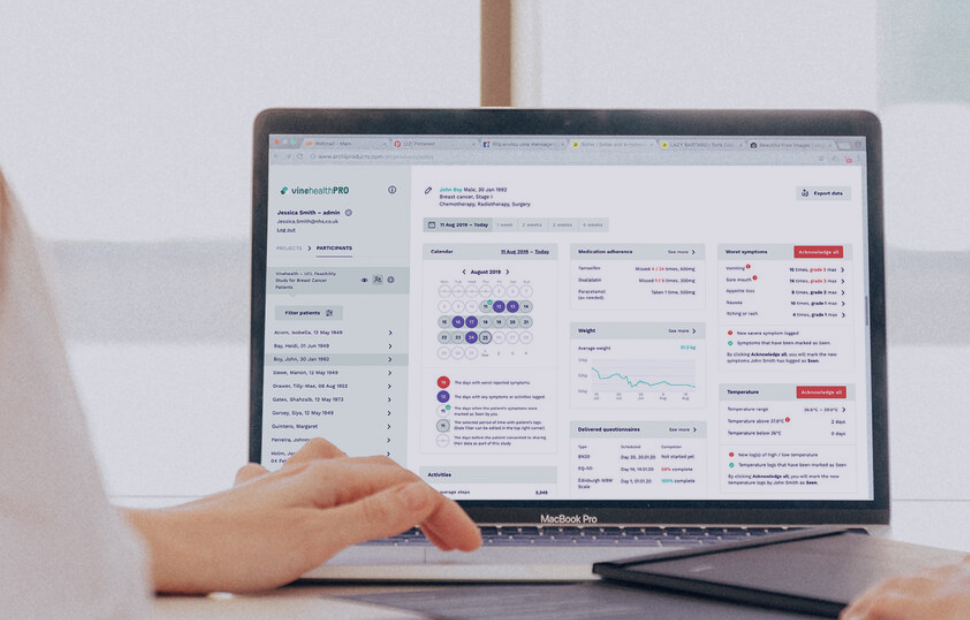
How did you tackle the challenges that came along with founding your first business?
It takes time, energy, commitment and sacrifice to be a founder.
As leaders, we need to set an example and that requires a huge amount of commitment. I actually work for everyone in the company and I am there to pave the way so I need to be as present as they are.
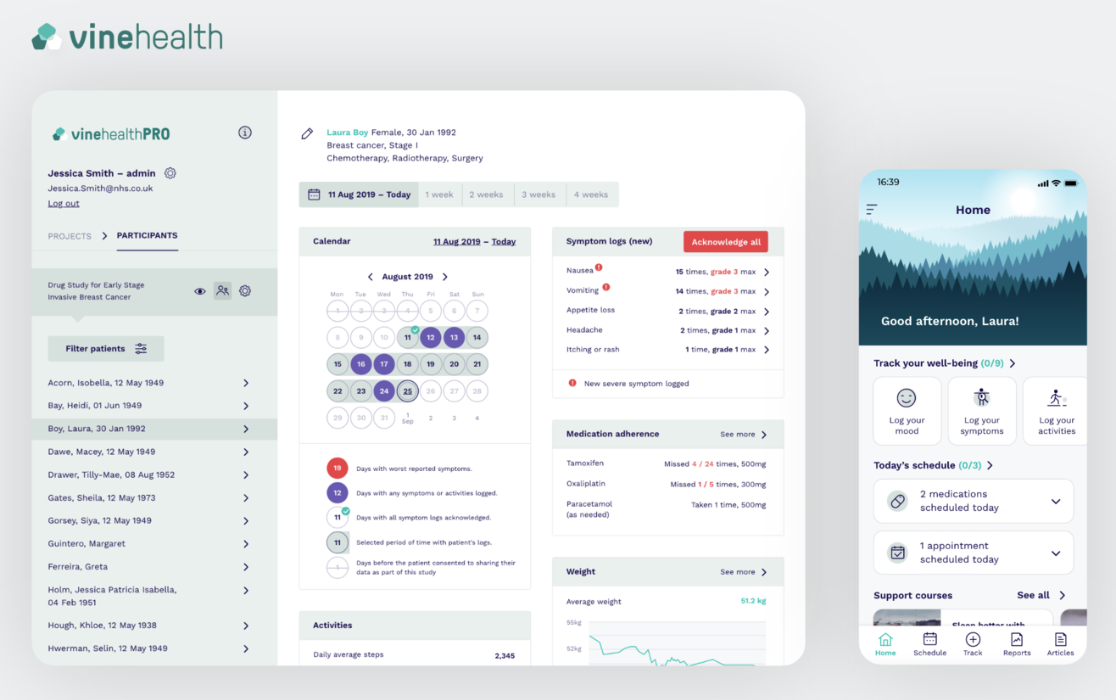
Accepting uncertainty.
You don’t what tomorrow will bring and you constantly tweak your 50-step plan as you go. Therefore, you need to learn to be comfortable with the unknown. This was something I needed to learn and embrace because I like to plan as much as a can but sometimes it is simply outside my reach.
Being kind to yourself.
Connect with founders and remember that you are not alone – someone has probably already been through the same or similar situation. As a first-time founder, you aren’t expected to have all the answers. It is okay to ask questions and it is important to learn how to deal with all the stress. It’s a roller coaster of emotions and I have had support from a coach throughout the process so I could learn how to unwind in order to bring my best self to work.
See the bigger picture.
As a founder, you need to block out time to take a break and see it all from a distance. Whether it’s taking a walk or a break, those moments will help you be creative in your problem-solving and help you deal with stress. When I don’t know how to solve a problem at first, I try to compare it to a past scenario and what solution I found then. It’s helpful to have a co-founder to share the weight with and ask your trusted advisors or other founders to see if they have insights.
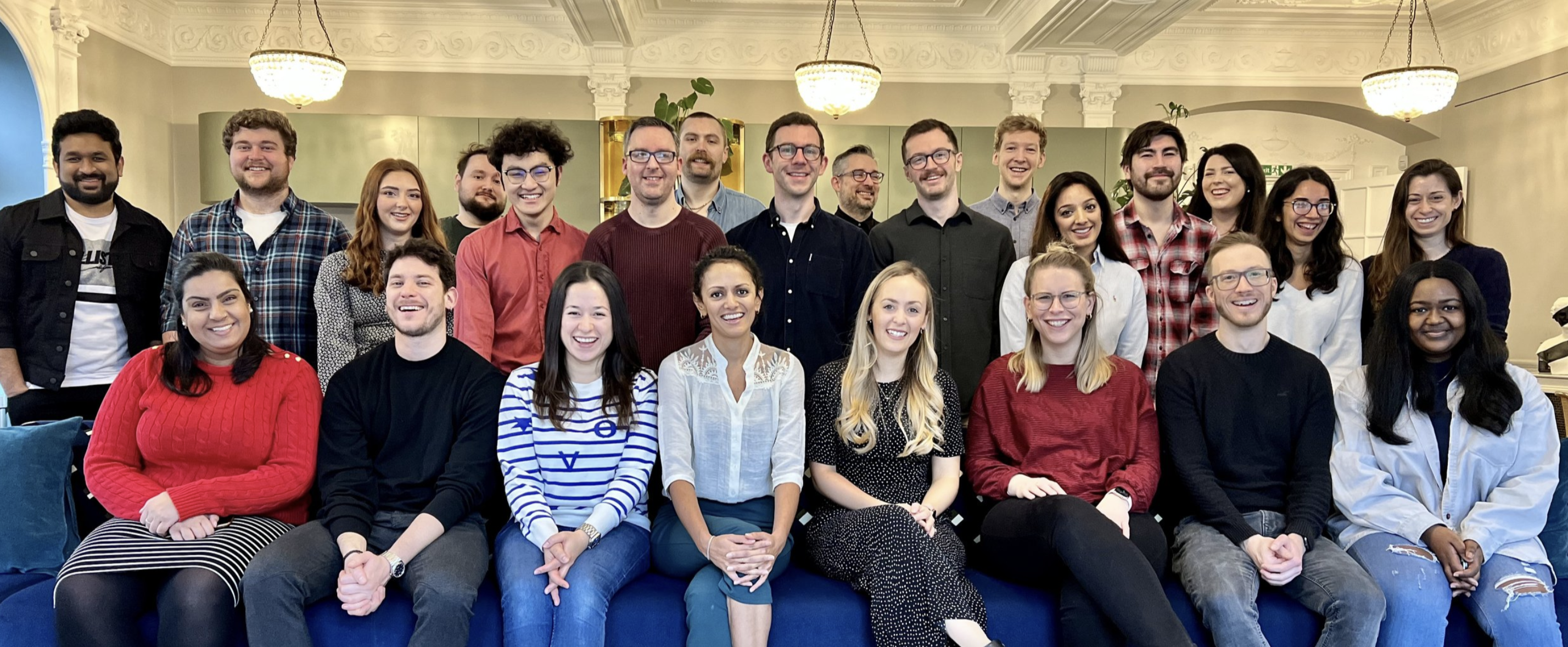
What are your goals and diversity starts at VineHealth?
Our vision is to transform cancer through technology. We want to reach as many people, hospitals and oncology clinics as we can – this year we are very excited to launch in the US! We have a 50-50 gender ratio within the company and are proud to have two female-founders leading the company.
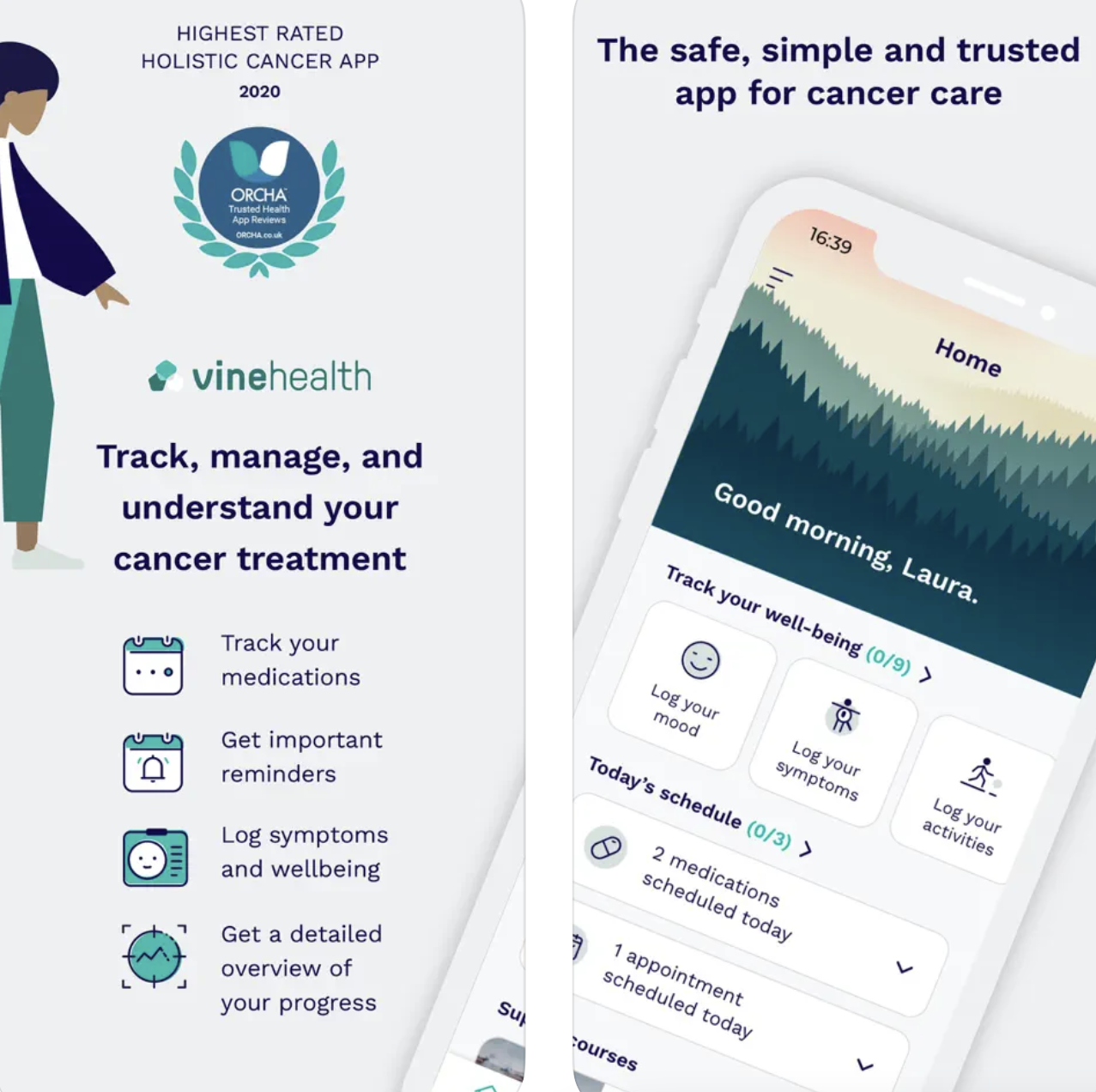
We get a lot of women applying for roles because as we have 2 female co-founders as the face of the business; we attract a lot of diverse candidates which is great. For tech roles, it is much harder but we can’t just sit and expect that to happen. We are careful with our job posting language and are working on achieving a balance by hiring more minorities.
Retention is very important to us. We do a weekly poll in relation to your manager, mental health and well-being which can be filled in anonymously or in an identifiable manner. We care about protecting the health of the team and keeping our team motivated. We encourage our team members to visit hospitals and meet the patients that are using our products. Understanding and meeting who you are building this for is a game changer.

